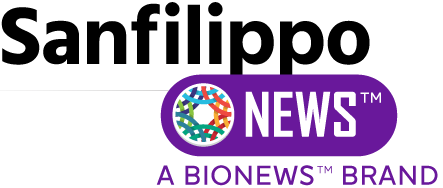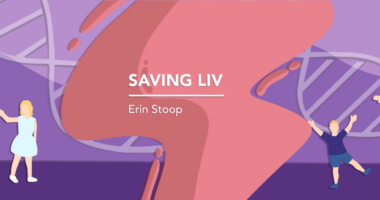Gene Therapy ABO-102 Preserves Cognitive Development in Young Children with Sanfilippo Type A, Interim Data Show

The youngest Sanfilippo syndrome type A children treated with the gene therapy candidate ABO-102 continue to have normal neurocognitive development up to 18 months after treatment in an ongoing Phase 1/2 trial, the therapy’s developer, Abeona Therapeutics, has announced.
Early results also show favorable safety up to two years following treatment and lower levels of heparan sulfate, the sugar molecule that accumulates in the cells of these patients. Enrolment is still underway at sites in the U.S., Spain, and Australia. More information about study locations and contacts is available here.
“We are very encouraged by these most recent results supporting the potential of a single intravenous administration of ABO-102 to treat children with [Sanfilippo syndrome A],” João Siffert, MD, Abeona’s CEO, said in a press release.
“These data showed that treating younger children during early stages of their disease confers the greatest chance of neurocognitive benefits,” he added.
Sanfilippo syndrome type A is caused by a faulty SGSH gene — which is responsible for the production of the SGSH enzyme — and results in impaired degradation of heparin sulfate.
ABO-102 is a one-time gene therapy that uses a modified adeno-associated virus (AAV9) to deliver a correct version of the SGSH gene to cells in the brain, spinal cord, and peripheral organs, and thereby restores heparin sulfate metabolism.
The open-label, dose-escalation, two-year study (NCT02716246), known as Transpher A or ABT-001, intends to evaluate ABO-102 in children from 6 months to 2 years old, or older patients with a cognitive developmental quotient of 60% or above.
Fourteen patients have been recruited and divided into three groups of different escalating ABO-102 doses.
The normal development at 12–18 months post-treatment of the three youngest patients (all in the highest dose group) — 26, 19, and 14 months old at dosing — follows earlier data showing stabilized or improved cognitive function in the medium-dose and low-dose groups.
The findings also revealed sustained reductions in heparan sulfate in the cerebrospinal fluid (CSF), a liquid surrounding the brain and spinal cord, in all three groups. These reductions were more pronounced in the eight patients receiving the higher dose of ABO-102 dose (group 3), and are also consistent with earlier measurements in the CSF and urine.
As for safety, no serious adverse events related to ABO-102 treatment have been reported.
“The longer-term data continue to demonstrate that ABO-102 has a clear biological effect and a favorable safety profile,” Siffert said.
The trial will also assess behavior, quality of life, enzyme activity in the CSF and plasma, heparan sulfate levels in plasma, as well as brain and liver volume. In contrast to the disease’s natural history, previous results of this study revealed a reduction in liver volume.
ABO-102 has been granted regenerative medicine advanced therapy (RMAT), orphan drug, rare pediatric disease, and fast track designations by the U.S. Food and Drug Administration (FDA), and orphan product status by the European Medicines Agency.
As part of the RMAT designation, Abeona expects to hold a meeting with the FDA in the second half of 2019 to determine the next steps in the program.






